
The angry, the sad, and the terrified: how Russians react to their “holy” war against Ukraine?
Executive Summary
{{margin-small}}
Our recent study shows how ordinary respondents in Russia tend to react to several narratives related to the ongoing war in Ukraine. While Russians are reluctant to momentarily change their stance on the "special military operation" or Putin's agenda, there are still several issues that may stir up deep emotions, be it anger or fear.
Respondents are likely to be irritated about the thought that most Russians are, in fact, against the war or if one says that Russian authorities wage war against their people. They lean towards rejecting narratives that go against those churned out by official propaganda.
Despite that, it is also evident that the Russian audience is tired of the war itself, which, in their minds, is associated with fear and sadness. Their overall feeling of insecurity due to the war with largely unpredictable outcomes provides insights into how to structure future information campaigns and work with the Russian audience to shape their views accordingly.
{{margin-big}}
Methodology
{{margin-small}}
Sample
{{margin-small}}
Respondents were recruited online and asked to answer a series of psychological tests and "publicly significant questions."
The sample was stratified by sex and age (equal age and sex groups 18-30, 31-44, 45-60 years). The data was cleaned, and the analysis excluded people who did not answer all the questions and subjects who gave the same answers to different questions in a row, which indicates inattentive answering. Inattention was associated with the time of completion - inattentive respondents spent less than 3-5 minutes on the questionnaire.
The final sample included 999 respondents: 498 women and 501 women. The mean age of the respondents is 37.9, the standard deviation is 11.4.
{{margin-small}}
Experimental design
{{margin-small}}
An intergroup design was chosen for the study.
The subjects answered a series of socio-demographic questions and then read one of the texts that were offered to them randomly:
- The majority of Russians are against “SMO”;
- Defeats in wars often led to the prosperity of the state;
- General tiredness of war and politics;
- Russians will have to pay for the restoration of the “new territories”;
- Russian authorities are essentially waging war against their own people.
The control group read a neutral, non-political text about procrastination. Then, the respondents answered the questions about:
- support for the “SMO;”
- readiness to support the hypothetical decision of the Russian leadership to stop the “SMO”;
- their support for the hypothetical decision of the Russian authorities to hold peace talks;
- their attitude towards probable nuclear strike against Ukraine and NATO countries; and
- their support of Vladimir Putin and the Russian government.
{{margin-big}}
Key Findings
{{margin-small}}
Topic 1. Reading all the studied narratives does not affect Russian support for the war with Ukraine, peaceful negotiations, the country’s direction, a nuclear strike on Ukraine or NATO countries, the regime of Vladimir Putin, and the Russian government. However, narratives in the context of research may likely be perceived differently than when they occur in real life or in a source that is perceived as reliable or serious.
Topic 2. As we can see in the graphs below, reading all experimental narratives evokes negative emotions: anger, disgust, surprise, sadness, and fear. Narratives that the Russian authorities are fighting against their own people, as well as that the majority of Russians are against the war, cause the most intense anger, disgust, and surprise. Narratives according to which people are tired of war and politics, and also that the Russian authorities are fighting against their own people, cause the most fear and sadness.
Cohen d is the standardized difference between experimental and control groups’ variable means.
-02.avif)
{{margin-big}}
Conclusion
{{margin-small}}
It is insufficient to provide the relevant materials to respondents and uproot their stance on the key issues associated with the ongoing war their country is waging in Ukraine, shaped by Russian propaganda for several decades.
Nevertheless, the study reveals specific narratives which may evoke deep emotions among Russians, leading to potential behavioral changes. These are, among others, the narratives that the Russian authorities are fighting against their people, that most Russians are against the war and that people are tired of war and politics, causing intense anger, disgust, fear, and even surprise.
As the war is more and more associated with negative feelings and emotions, it is assumed that at some point, one may start seeing more calls for ceasing hostilities in Ukraine, regardless of the result of the Russian military campaign, especially amid further information campaigns elaborating on the relevant negative emotions.

.svg)






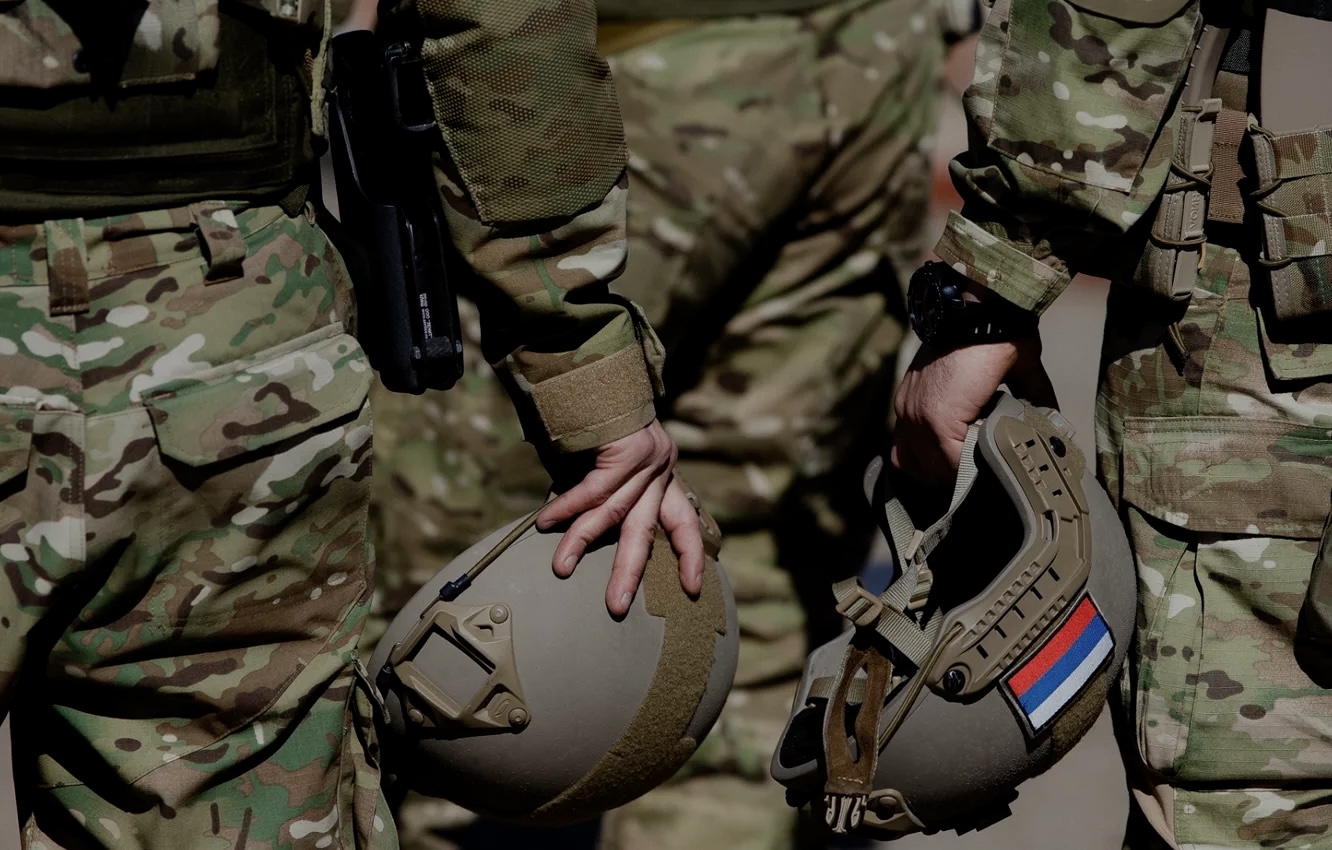

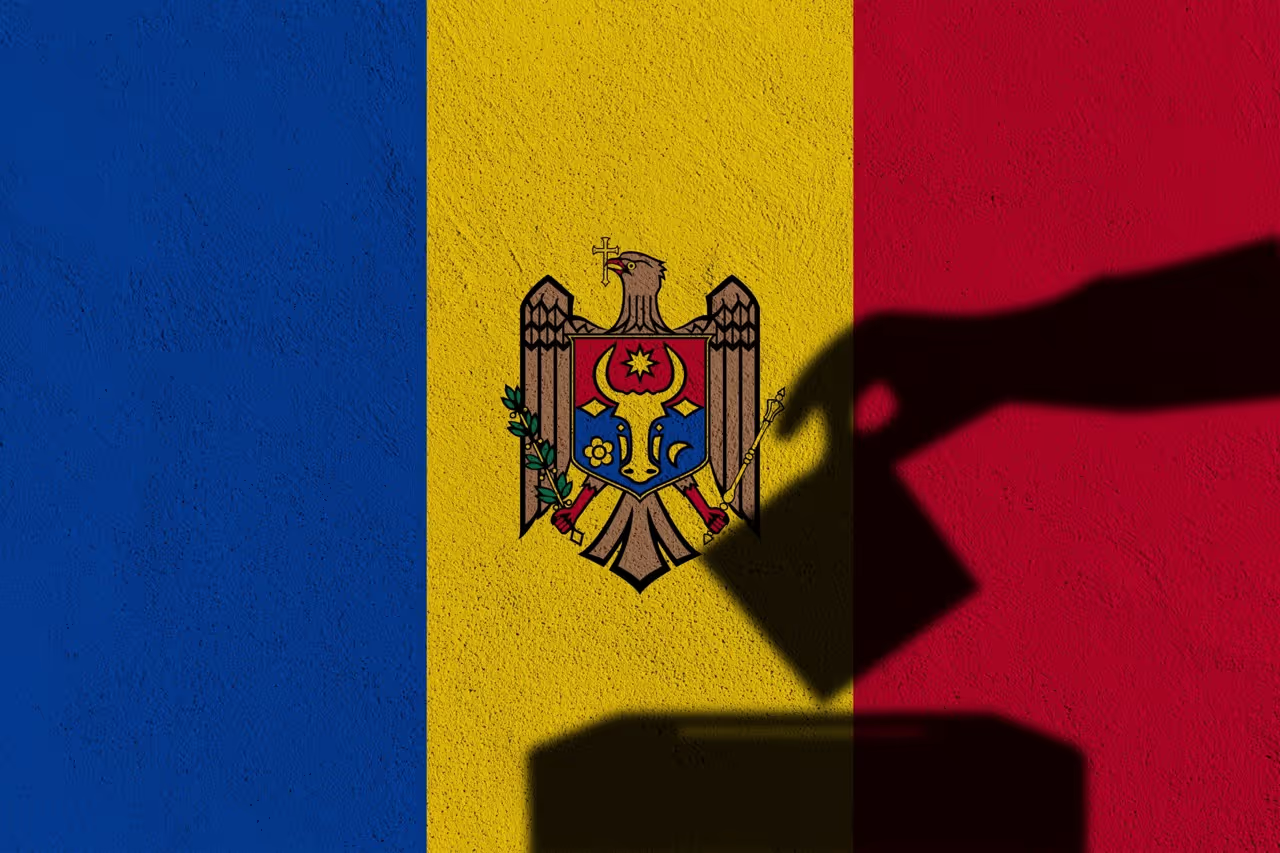

.avif)


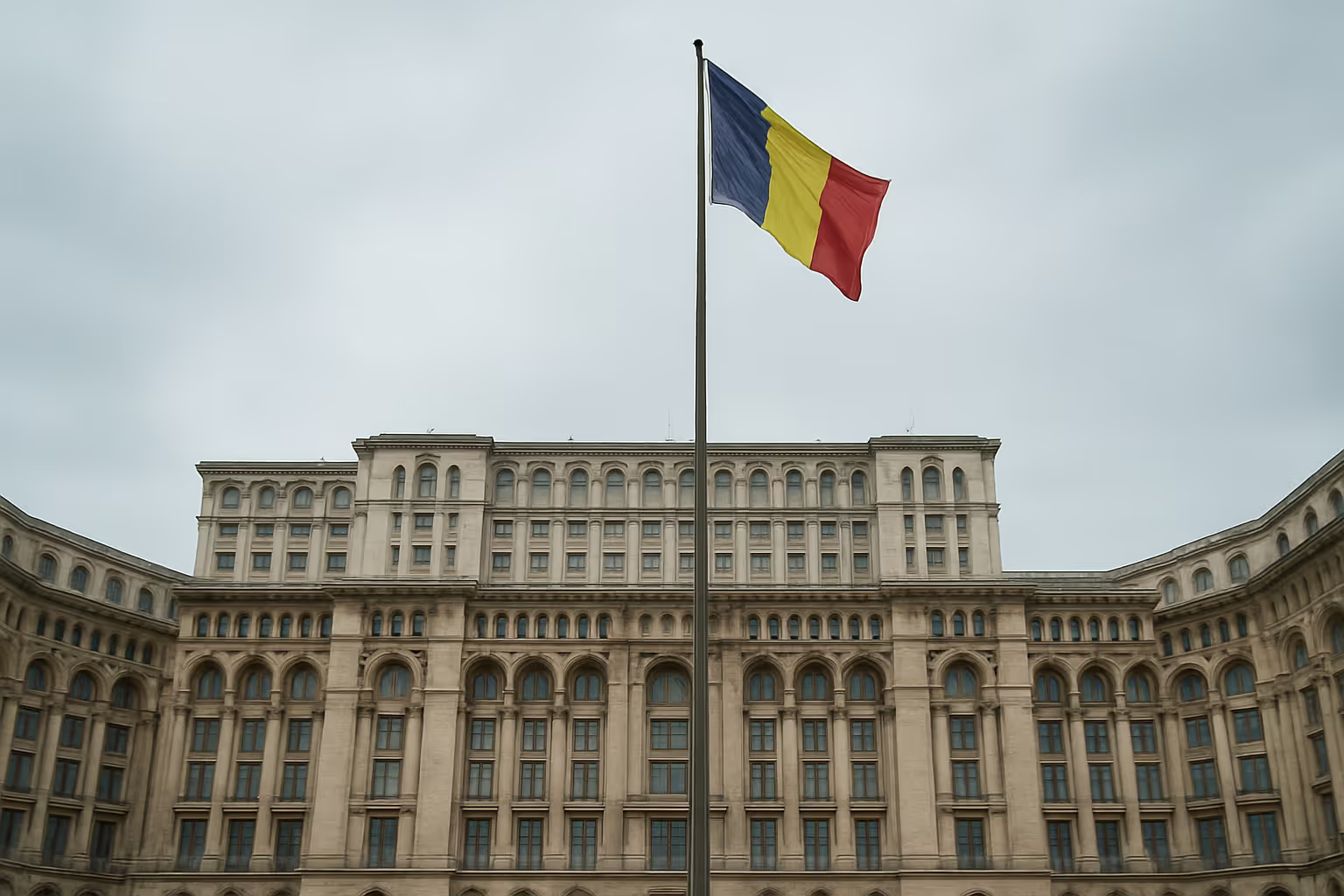


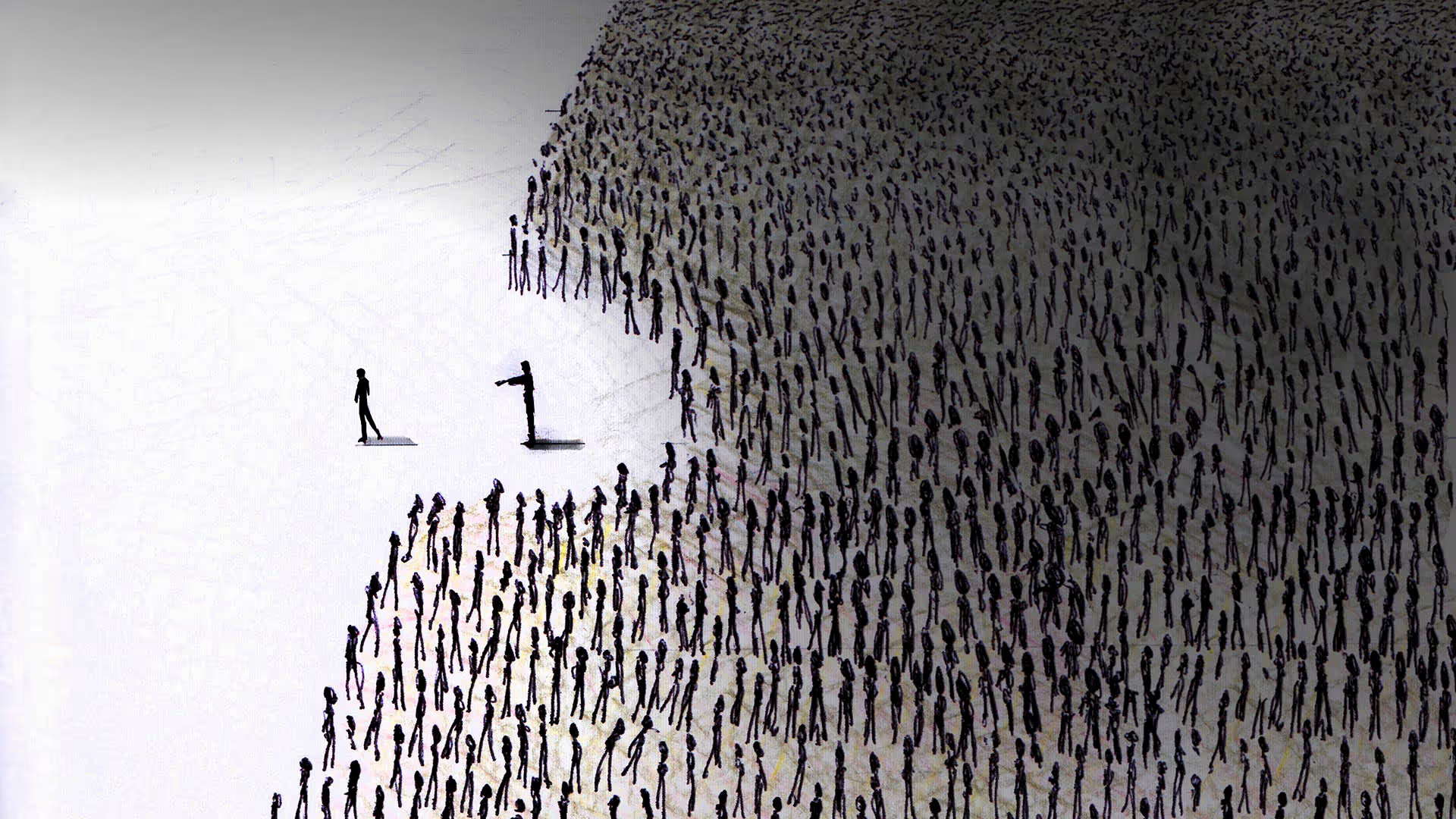
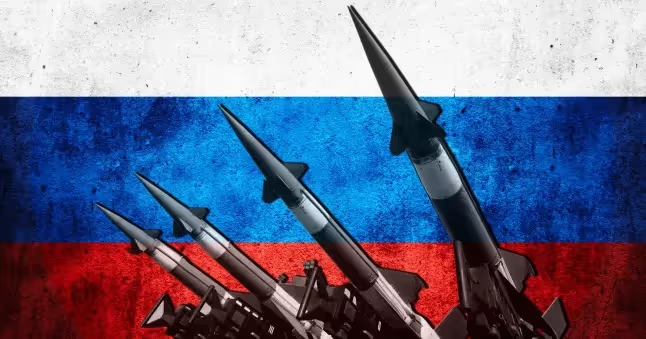
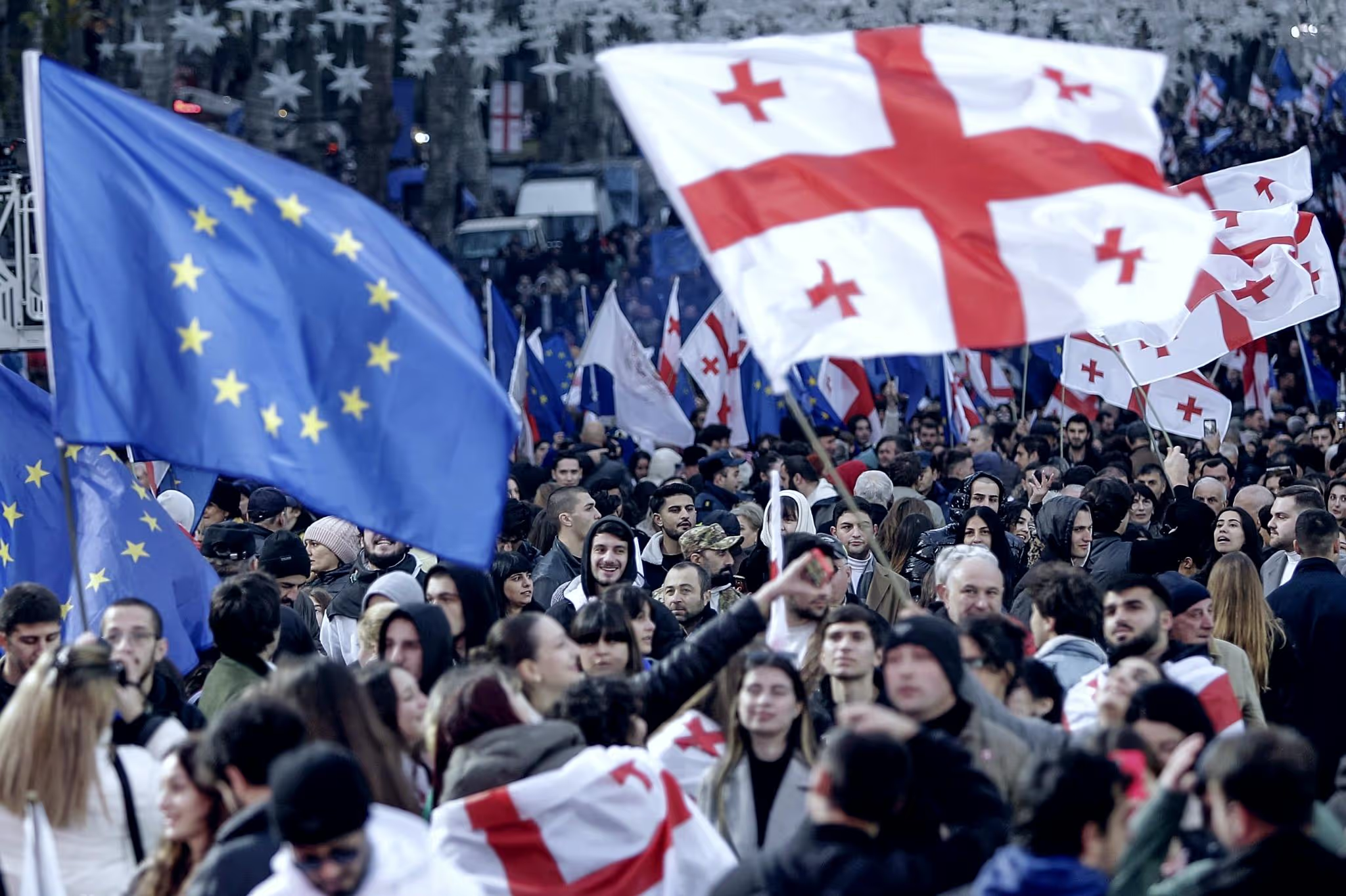







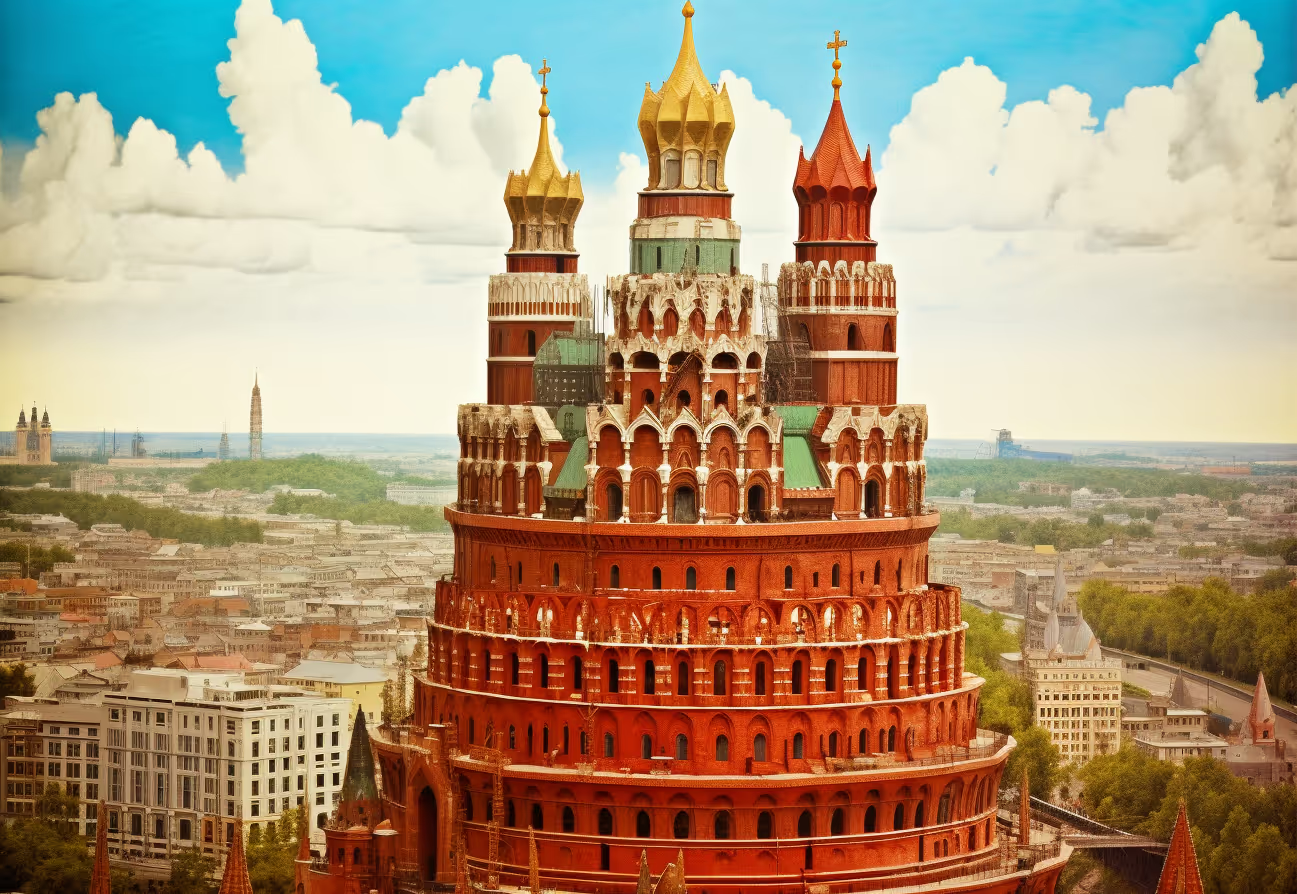
.avif)

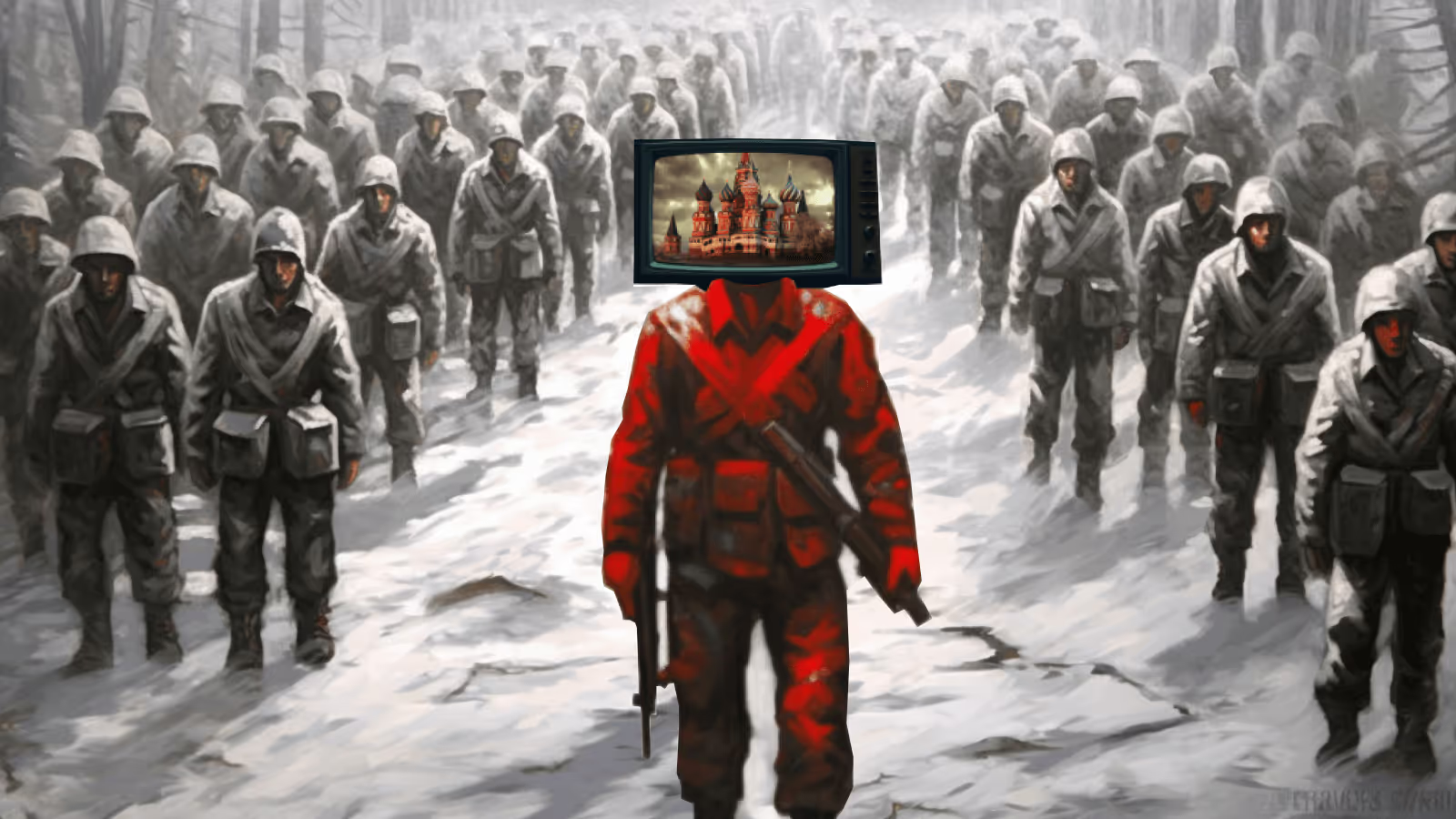
.avif)
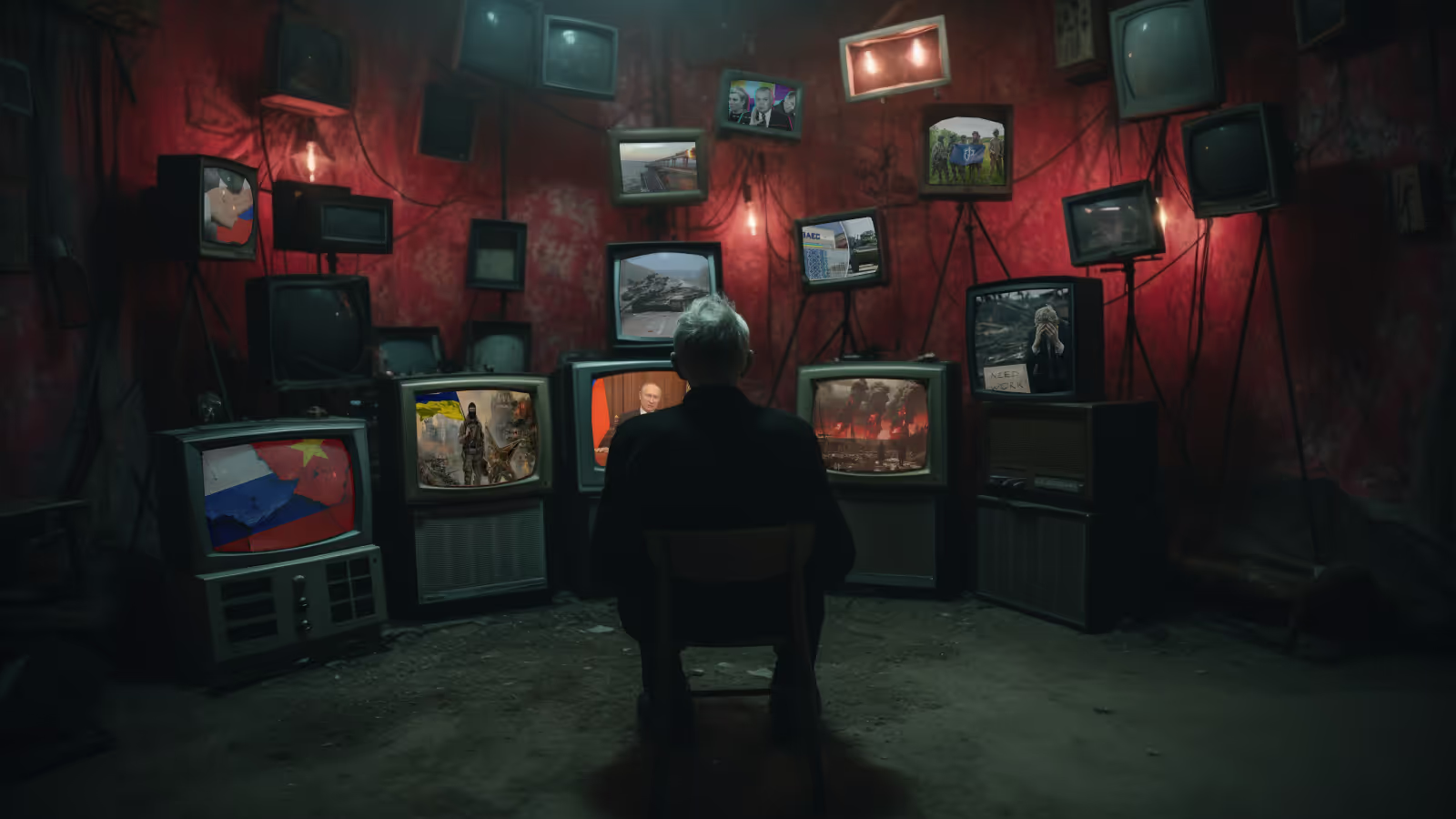
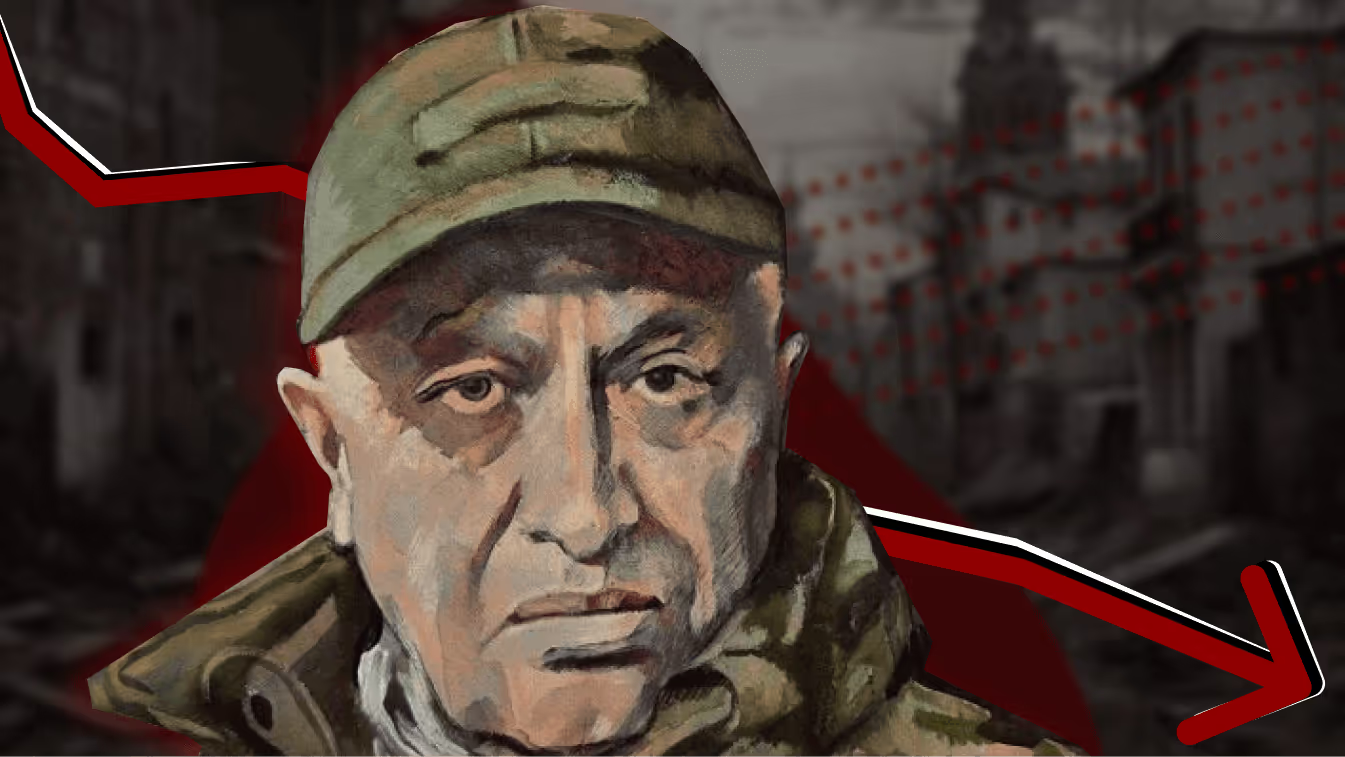
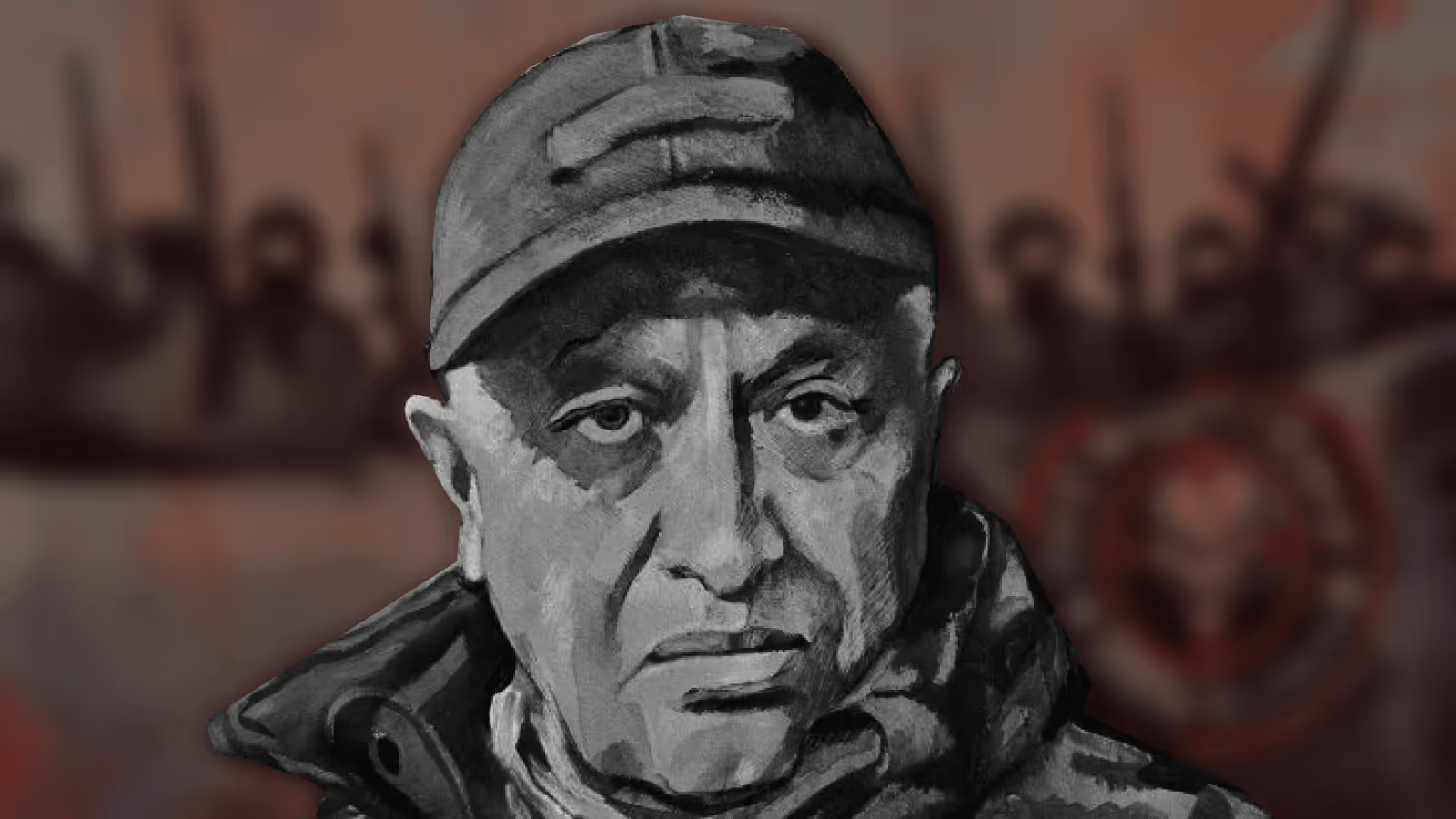
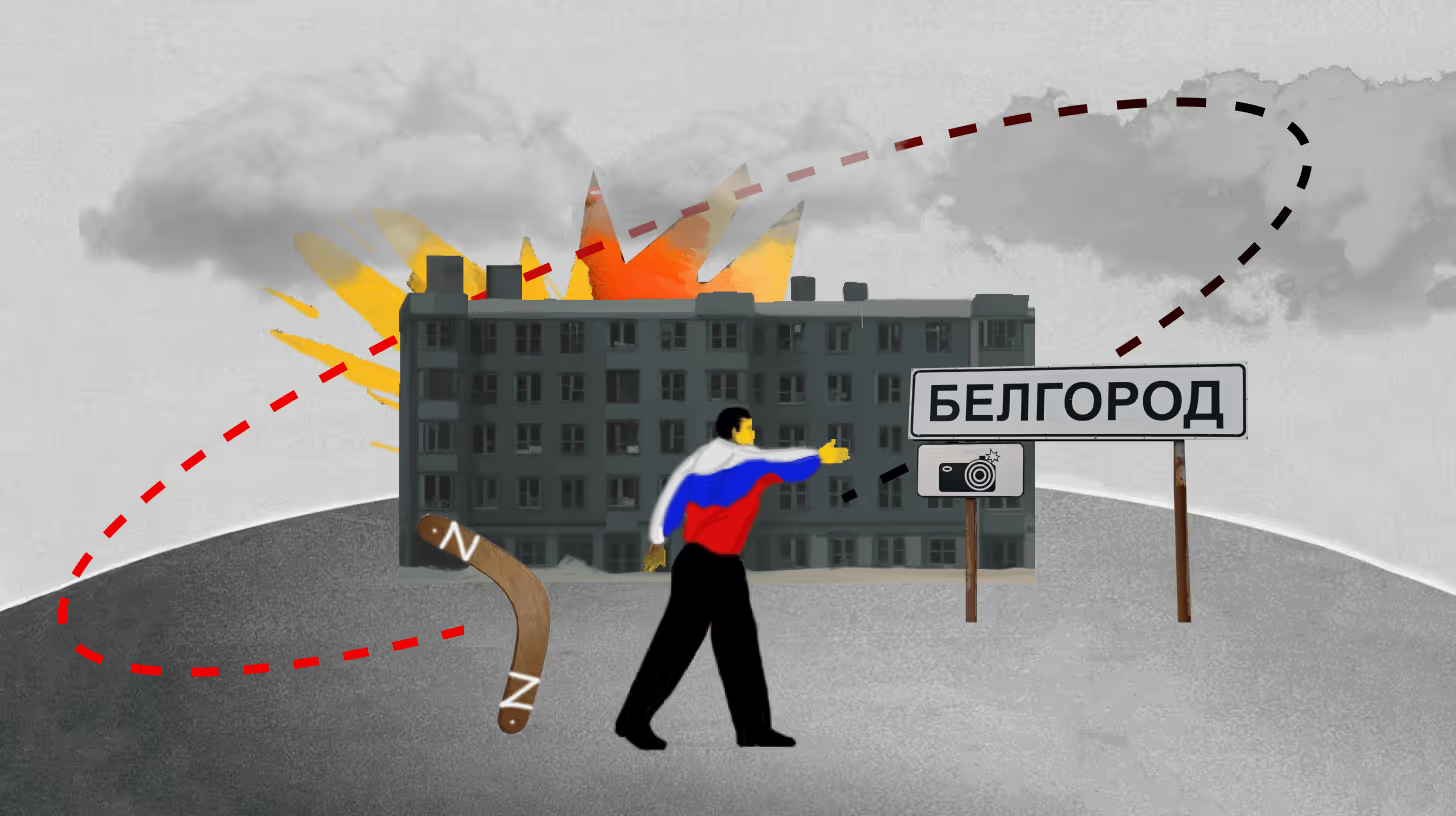
.avif)

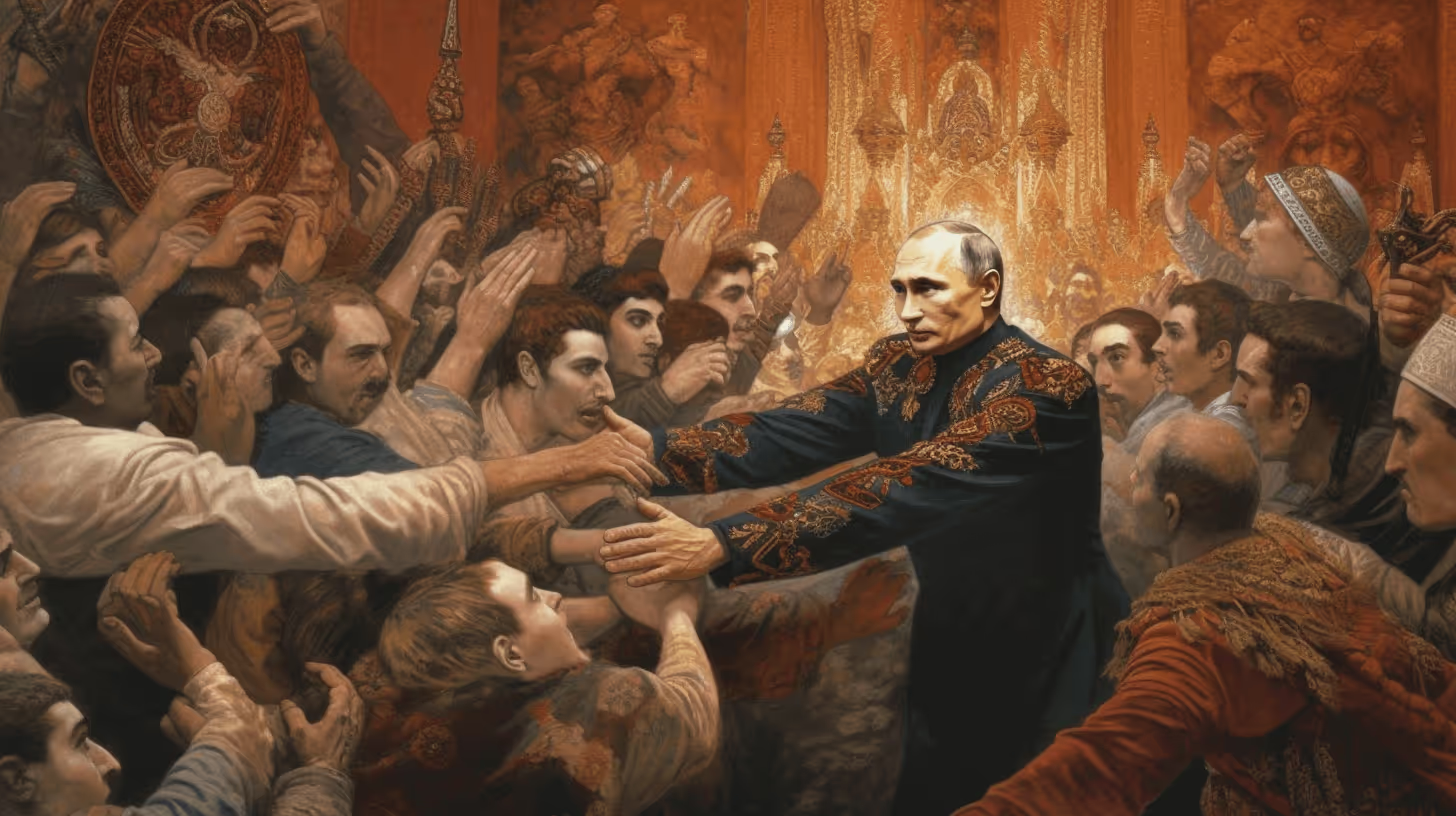
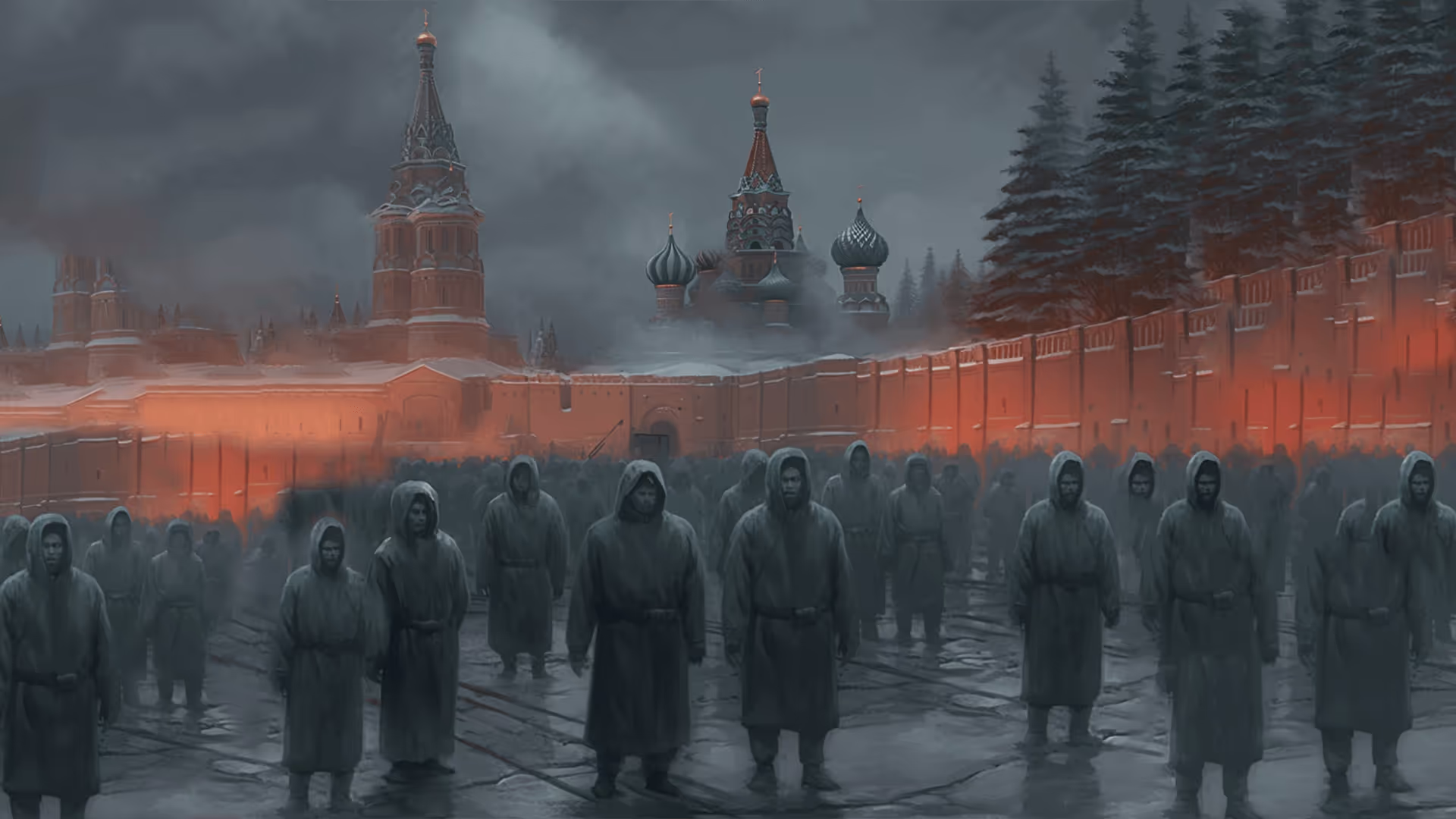

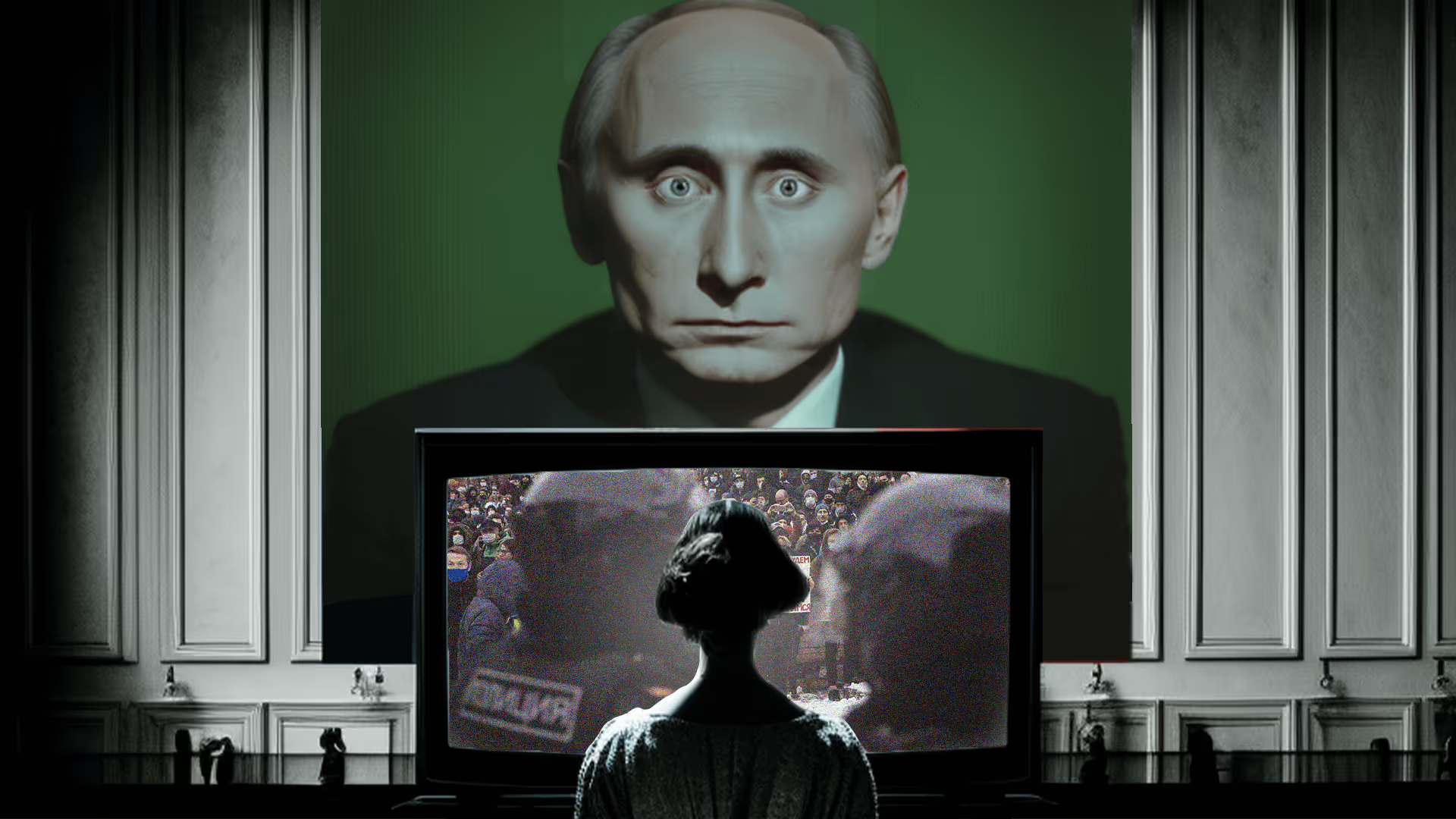



-01-2.avif)
-01.avif)
-01.avif)



-01%25202-p-500.avif)







